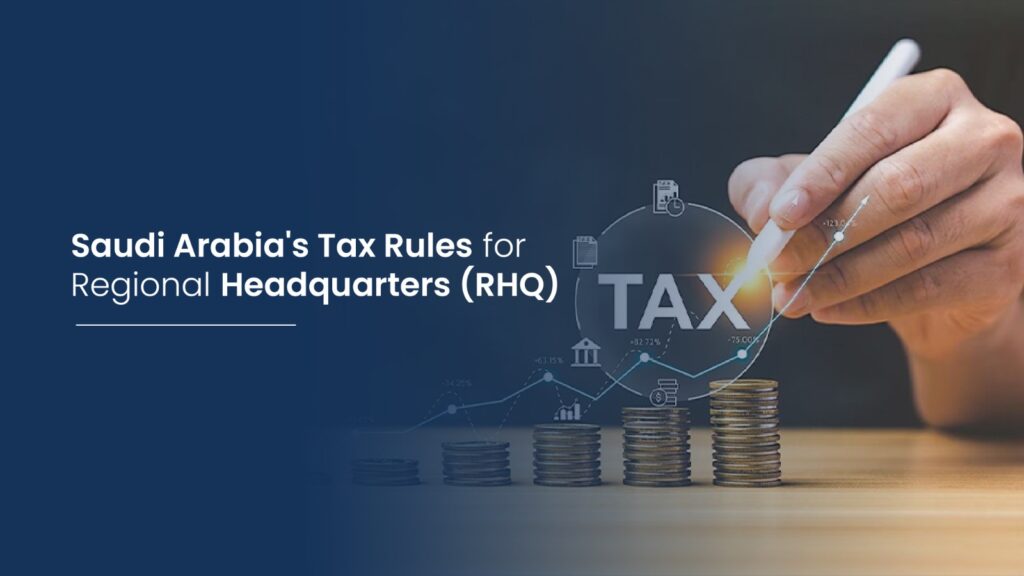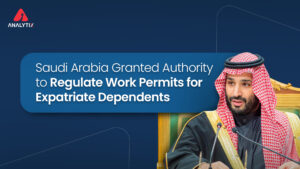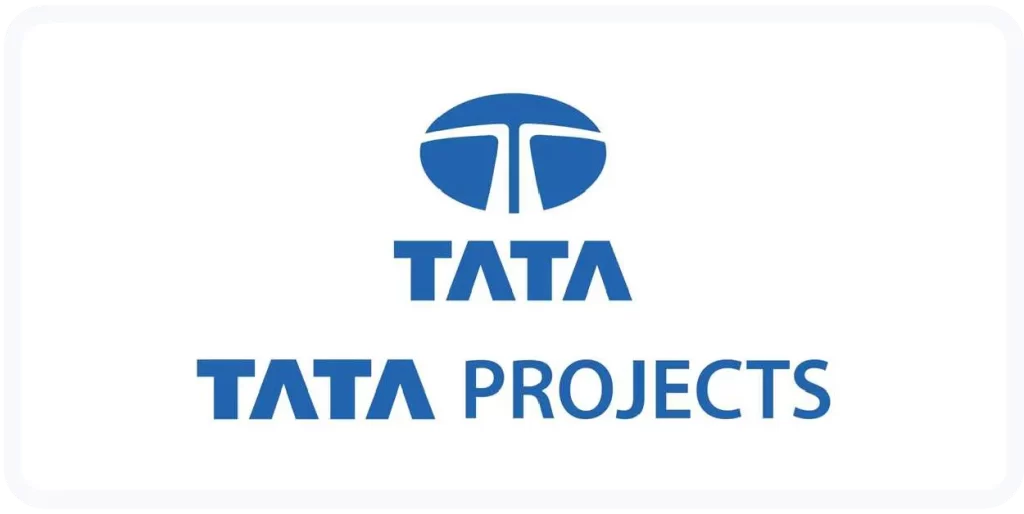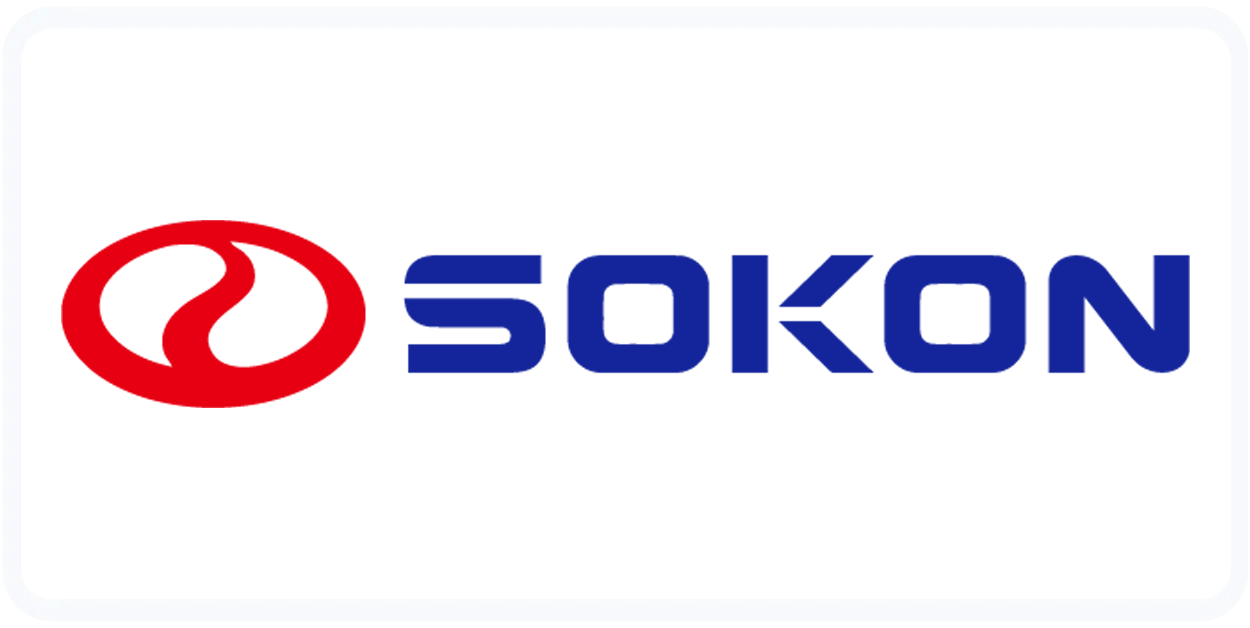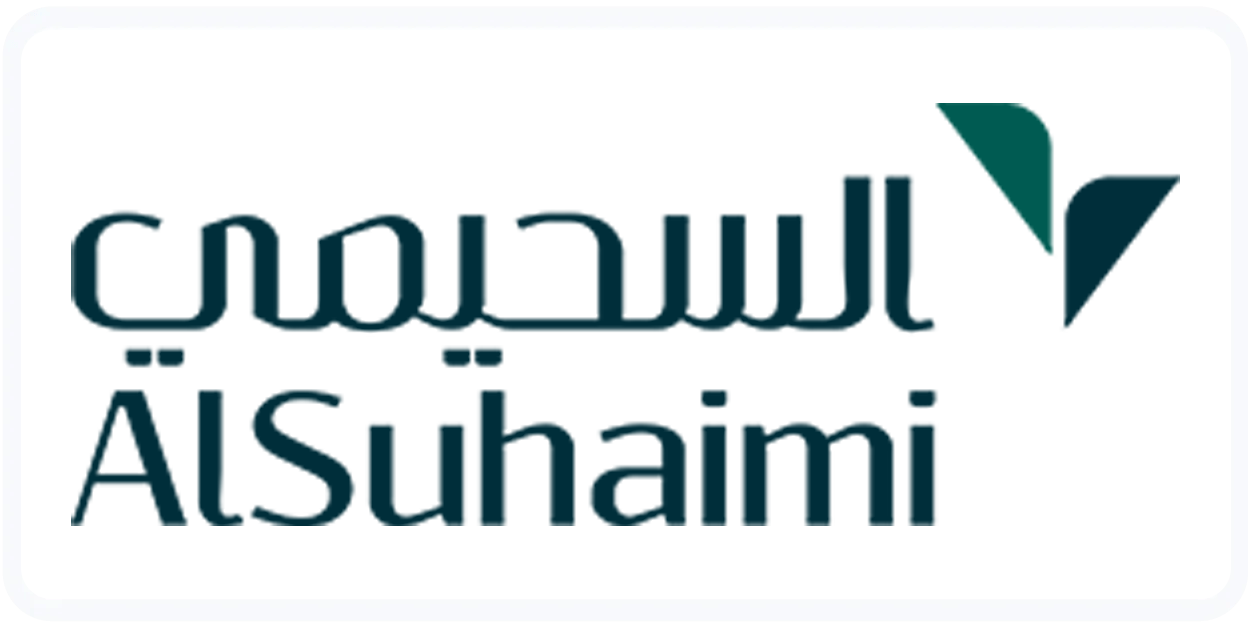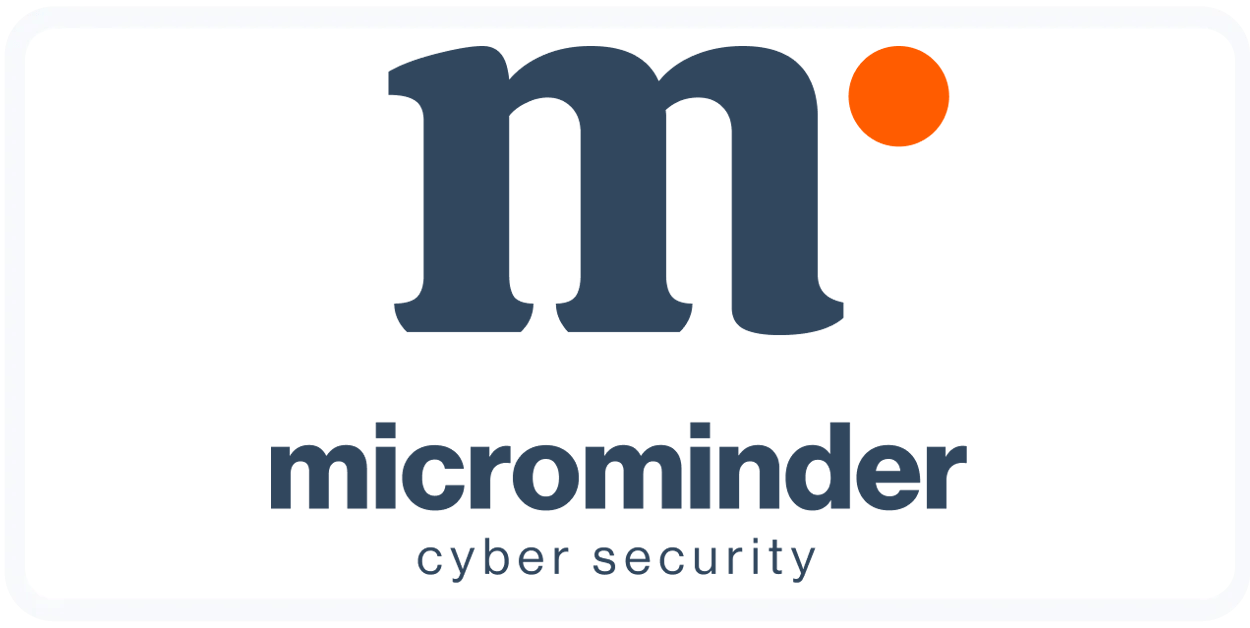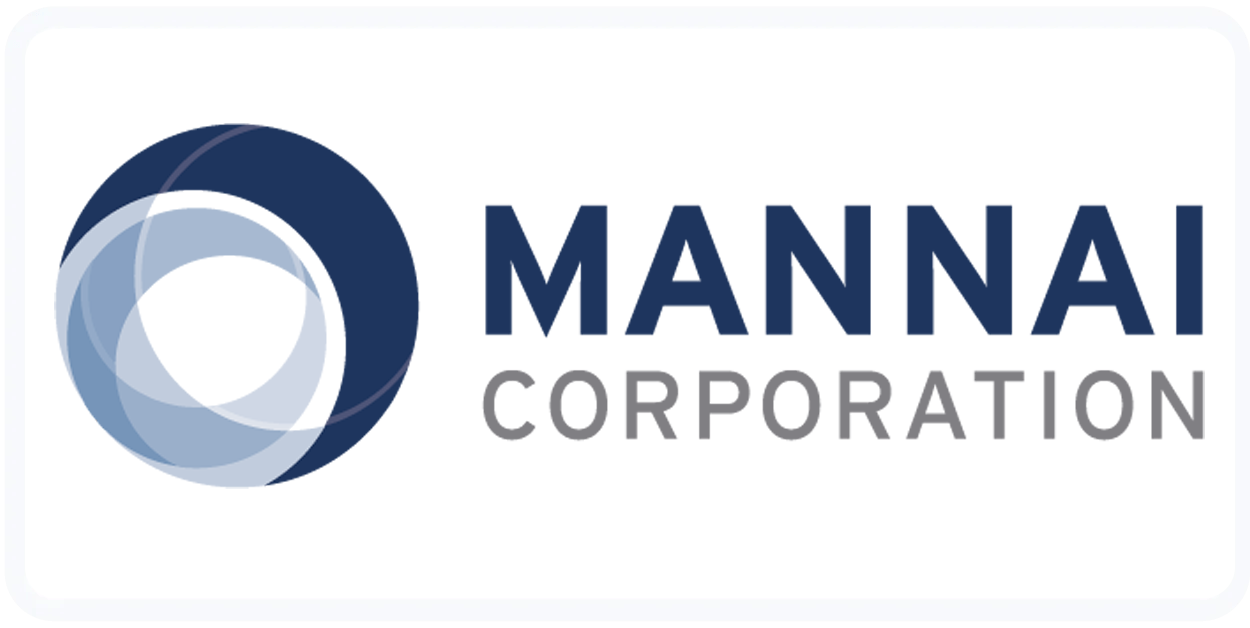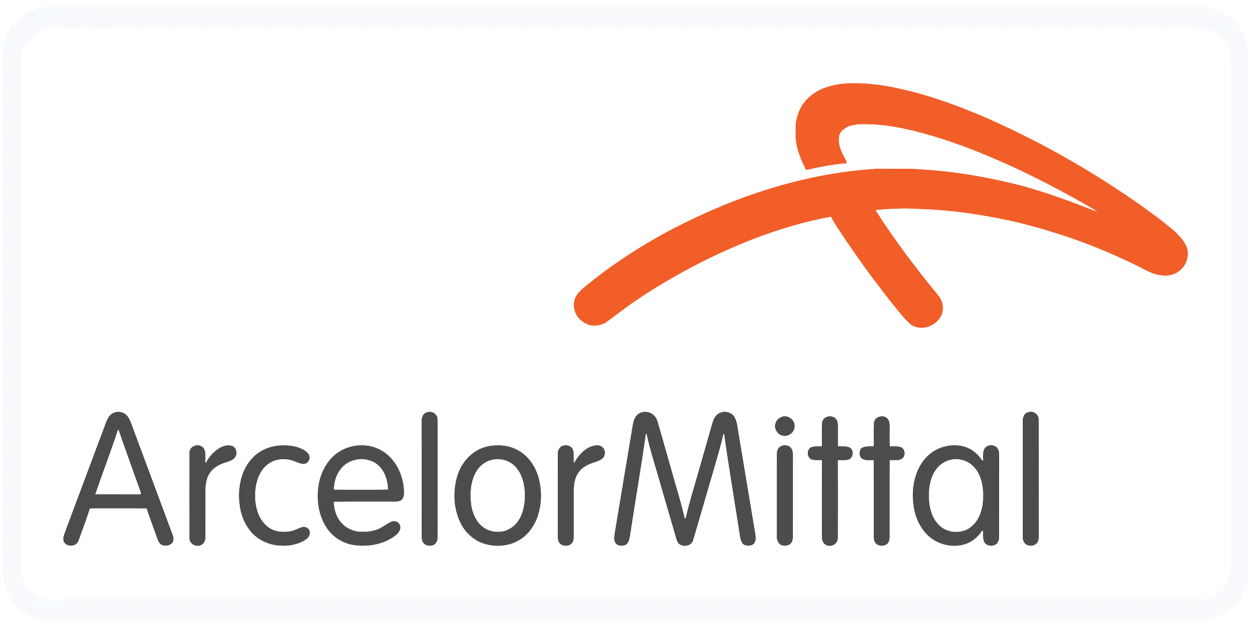The Kingdom of Saudi Arabia made an ambitious, bold and far reaching move to strengthen its position as a global business by offering a warm welcome to multi nationals companies to the kingdom with an exclusive RHQ (Regional Head Quarters) program. The initiative shows the commitment and dedication of the kingdom towards building a favorable business environment and support the country’s vision to diversify the economy beyond the oil dependency.
Saudi Arabia has provided this pioneering framework that makes it well-positioned as a hub for regional headquarters of multi-nationals. The issuance of the Regional Headquarters Tax Rules will unleash an attractive financial ecosystem to global businesses towards the Kingdom. This is a big step in developing the tax practices and landscape in Saudi in line with the Saudi 2030 Vision, which enables Saudi Arabia to become a pioneering investment hub. The tax rules for the RHQ’s have now been published by ZATCA, effective immediately from the date of publishing.
The Kingdom offers the tax relief of 30 years on the income qualified for attracting and retaining the leading corporations by ensuring that they receive unparalleled fiscal advantages. Moreover, the opportunity to get premium residency of Saudi Arabia becomes a complementary partner with the RHQ program by providing a great bundle of financial incentives and lifestyle perks. The combination of long term tax benefits and residency options stands a testimony of the support offered by the Saudi government for multinational corporate giants thereby by maintaining the position of the kingdom as one of the best destinations for business expansion in the Middle East.
Everything You Need To Know About RHQ in Saudi Arabia
In this regard, the Tax Rules for RHQ detail a number of key matters to the tax and investment community, which include the following amongst others:
- Important definitions related to RHQ.
- Tax Incentives.
- Duration and criteria for exemption.
- Economic substance rules for the RHQs.
- Compliance Requirements with respect to Tax.
- Fines and Penalties in Case of Breach.
- Rights of both ZATCA and the RHQ in case of tax audits and disputes.
Important definitions related to RHQ
The Rules state some key definitions with respect to the RHQs, these include the following among others:
- Regional Headquarters: The regional headquarters or a unit of a Multinational Group duly established under the laws of Saudi Arabia and all the concept of regional headquarters activities of international companies is applicable subject according to the National Classification of Economic Activities.
- Eligible Activities: The key activities of the Regional Headquarters with reference to enhancing the group’s presence in the region as well as exercising leadership and management support to the internal operations of the company, subsidiaries and any affiliated companies according to the National Classification of Economic Activities.
- Related Companies or Related Persons: shall have the same meaning as prescribed in the Transfer Pricing Bylaws.
- Tax Incentives: Mean the tax incentives and who some has been made available for Regional Headquarters in compliance with the provisions of the Royal Decree.
- Economic Substance Requirements: It is the requirements that has to be met at the Regional Headquarters in order to determine the nature or substance of the concerned economic activities in the Kingdom.
Key points of the important definitions:
- There are some activities allowed to be performed by an RHQ for them to remain qualified as an RHQ. These activities are known as eligible activities.
- The Transfer Pricing By-law is mainly correlated with the Tax Rules for the RHQs and it is the reference to define the respective related parties.
- As per these tax rules, tax incentives are solely granted to the RHQs, provided they remain qualified as RHQ.
- The RHQs must conform to the economic substance requirements stated pursuant to the Rules in order for it to continue to be qualified as an RHQ.
Eligible Entities and Tax Incentives
At the core of this initiative are the tax regulations formulated by the Zakat, Tax, and Customs Authority (ZATCA). The criteria that were laid down are used to qualify RHQs and emphasize the objective of the Kingdom to attract business entities that will support the diversification of the economy. The central attraction is the significant tax benefits accrued from the scheme. Regional Headquarters meeting the qualification criteria shall be eligible to enjoy the following tax incentives:
- No income tax (Zero percent (0%)) in the current fiscal year on the qualifying income
- Zero percent (0%) Withholding Tax “WHT” on the payment made by the RHQ to non-residents, meeting any of the following criteria:
- Payments of dividends.
- Payments to related parties.
- Payment made to other parties (persons, organizations, etc.) for services indispensable for the operations of the RHQ in KSA.
With that said, it’s critical to note that the WHT exemption shall not apply in any of the following cases:
- In the case that payment made by the RHQ is calculated based on the non-qualifying activities.
- Any of the tax evasion cases prescribed as per the RHQs Tax Rules
In addition, it would be insightful to notice that the income that the RHQ earns through non-qualifying activities must be processed in accordance with the applicable relevant tax laws of the Kingdom.
It also deserving to note that all the provisions of the in-force treaties in Saudi and international obligation shall extend to the RHQs.
In addition, if for all the international treaties, conventions, or other agreements that contains the Kingdom, RHQs are treated tax residents if they qualify the tax residency requirements under the SAUDI INCOME TAX LAW.
Duration of the tax Incentives:
The respective tax incentives are applicable to the qualifying activities for renewable 30 years, starting from the date of obtaining the RHQ license to the execution of the qualifying activities.
- The tax incentives shall expire on the earlier of:
- The elapse of the 30 years period.
- The entity supposed to be qualified as an RHQ for the respective reason.
Key points of the Tax Incentives:
- It is the fulfillment of the exemption criteria that all depends on how to enjoy RHQ tax incentives.
- The cases of tax avoidance that are entitled to incentives under the RHQ tax rules are clearly stated.
- Even though the incentives are to be valid for renewable 30 years, they may cease at any instance in time in case of failure in meeting requirements on the RHQ or on the cases of tax avoidance.

Economic substance rules for the RHQ in Saudi Arabia
However, the grant of these incentives attracts set conditions of compliance and substance to make sure that the RHQs provide measurable value to the KSA economy. Besides the set requirements by the competent authority, RHQs shall meet all of the following Economic substance rules:
- The RHQ should have a license from the competent authority; and shall only operate and execute the activities as provided in the license.
- The RHQ shall have sufficient resources within them inclusive of appropriate premise within which the RHQ undertakings will be conducted.
- The activities of the RHQ that involves conducting the board meeting through which the strategic decisions are made shall be directed and managed in the Kingdom.
- Essentially, the RHQ should coincide the operating expenses in the Kingdom with the implementation of the RHQ’s functions.
- The RHQ in Saudi Arabia must realize revenues through the qualifying activities within the Kingdom.
- The RHQ must have at least one resident director in the Kingdom.
- The RHQ must use sufficient number of the full-time employees in the tax year which corresponds to the level of the RHQ’s activity.
- The employees within the RHQ must have the right knowledge and experience required in delivering their duties and meeting their responsibilities.
In addition, compliance with Kingdom’s tax laws and requirements such as registration with the ZATCA and keeping proper books of accounts is compulsory. These measures seek to preserve the credibility of such incentives while ensuring compliance of economic substance within the Kingdom.
Important points related to the Economic substance rules for the RHQs:
- RHQs Tax Rules put stringent requirements on the economic substance of the RHQ. The requirements must be fully satisfied and supported throughout the life span of the RHQ.
- Failure to meet the economic substance criteria may result in the RHQ being punished with significant penalties and consequences to the extent of loss of tax incentives available to the RHQ in some cases.
Fines and Penalties for Non-Compliance
RHQ shall be exposed to certain fines and penalties in case of non-compliance with the RHQs Tax Rules, these fines and penalties shall apply without prejudice the other penalties stipulated as per the Tax Regulations:
When the validity of the license ends and none of the RHQ Economic Substance Requirements is met, ZATCA shall intimate the RHQ regarding the violation committed by the RHQ and the RHQ shall be given a (90) days period from the date of notification to correct the violation, in the event that the violation is not remedied within the given time, the following penalties shall be imposed:
- SAR 100,000 on condition that the violation is corrected within ninety (90) days from the date of levying the fine.
- If the violation is not corrected within the above stated time period or if the violation recurs within three years from the date of imposing the above mentioned fine, then a fine of SAR 400,000 is inflicted but upon the condition that the violation is rectified within ninety days from the date of imposition of the aforesaid fine.
- In the case that the violation continues after having applying the second fine mentioned above, ZATCA in coordination with the competent authority, may decide not to grant the Tax Incentives.
This means that RHQ must conform to the Transfer Pricing By-Laws as well as any changes that are made thereto and further, must ensure that every transaction with any related parties are done at Arm’s Length.
Apart from these Fines and Penalties, the ZATCA in coordination with the Competent Authority may withdraw tax incentive given to the RHQ in any of the tax avoidance cases as provided under the RHQ Tax Rules.
Things to be noted of the Fines and Penalties:
- The RHQ may be afforded a penalty-free period whereby it modifies practices to address the violations of the Economic Substance Requirements. If the violation is not corrected before the penalty-free period it may lead the RHQ suffering a great penalty.
- The tax incentives given to the RHQ are provided on condition that the RHQ is bound by the Tax Rules of the RHQ including the Economic Substance Requirements. Any non-compliance may result in severe consequences that may even result in the withdrawal of the granted tax incentives.
Requirements for Tax Compliance
RHQ must adhere with the tax and zakat regulations on the filing of the tax and Zakat returns.
In addition to the above, the following is a unique compliance requirement to the RHQ:
- Annual report which should be prepared and filled in the form provided as well as following the procedures stated by ZATCA to guarantee and verify the compliance with Economic Substance Requirements.
Key points to note about Tax Compliance Requirements:
- The RHQs shall be ready to complete and file the Economic Substance Compliance form which shall be developed by ZATCA, further details on this subject shall lie in this regard once ZATCA issues out such form.
Conclusion
The RHQ tax rules, as we have seen constitute a major effort and commitment by Saudi Arabia to establish the Kingdom as an ideal location for multinational corporations seeking to establish their presence in the Middle East. The Kingdom is on the way of providing new model of economic development and inflow of investments stimulating through attractive tax incentives but at the same time keeping an eye on the compliance and substance. These regulations enable the multinational companies to have a clear channel of benefiting from the strategic location, infrastructural development and focusing on economic reforms of Saudi Arabia. The RHQ Tax rules are split into several aspects and as we can see from the details outlined above, the primary check list is to adhere and document compliance with the RHQ rules including the Economic Substance Requirements.






